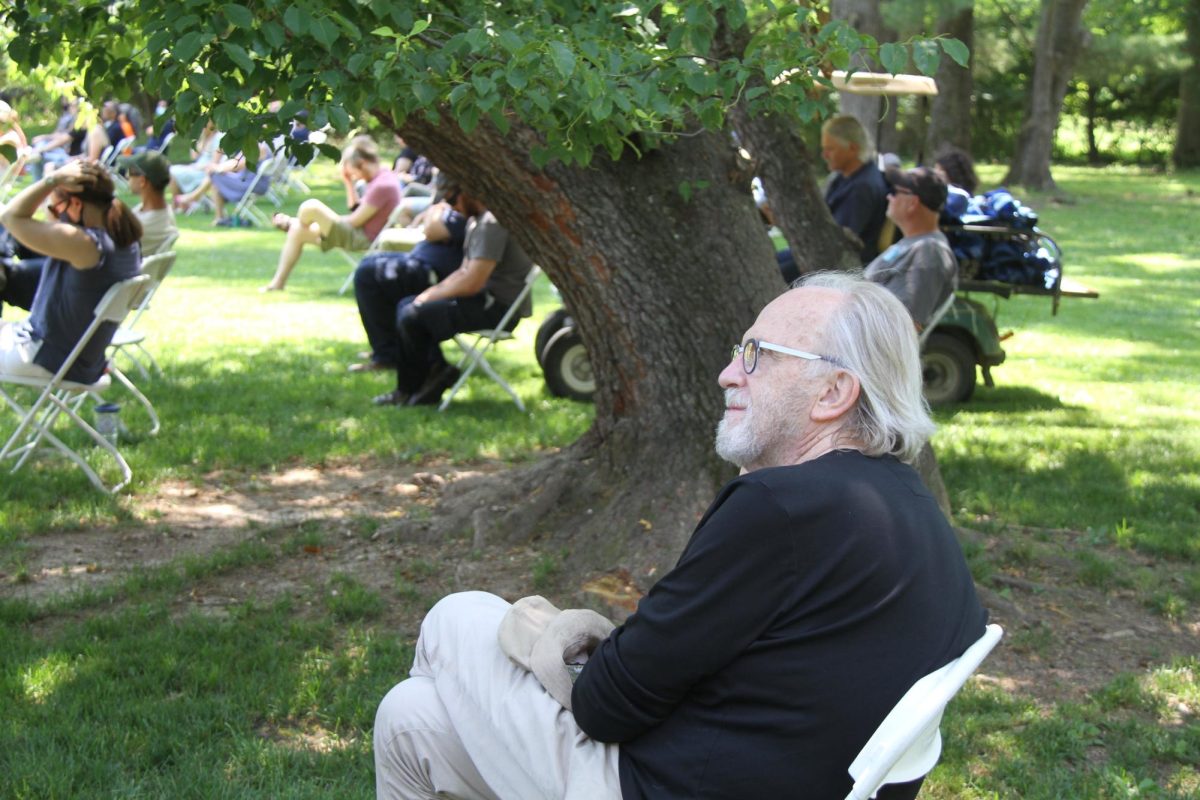Nigeria and the #EndSARS Movement
November 14, 2020
Recently, young Nigerians have been engaged in protests against police brutality in Nigeria. The name of the movement is EndSARS: a movement to end the government-enforced Special Anti-Robbery Squad group. “Much like the protests taking place over the last several months in the United States, the public protests in Nigeria were sparked by a video recording of a police officer shooting a civilian and driving away,” said Upper School history teacher Stefanie Santangelo.
Initially established in the 90’s to help diminish crime rates in Nigeria, the group has slowly evolved into a corrupt division of the government that terrorizes civilians through police brutality. A handful of young Nigerians have been thrown in jail because of their external appearance, with SARS officials arresting individuals based on clothing, the possession of smartphones, nice cars, and other indications of wealth. SARS officials have also been accused of murder, abuse, robbery and torture. Over time, Nigerians have come to see SARS as the brutal mirror image of the criminal activity they were set up to stop.
Soon enough, the EndSARS movement emerged to end this corrupt police unit. Over the past few weeks, Nigerians all over the country have been protesting, posting on social media, and fighting for real change to stop corruption in the Nigerian government. However, the Nigerian police response to the situation has been ruthless. Much like acts of police brutality against protesters in the US, the Nigerian police force have used water cannons, tear gas, and live ammunition to disperse peaceful protestors. These moments show the extent of the extreme power that the Nigerian police can have.
However, change in Nigeria is still possible. The EndSARS protests in Nigeria are largely led by young Nigerians, and the hashtag #EndSARS has also been seen to go viral over the past few weeks on social media. Senior Will Sedgely said, “I think that the movement to end SARS in Nigeria exemplifies the growing power of the younger generation, [mirroring] the rise of social media that we have seen in our own country this year with the Black Lives Matter Movement. It should give the world hope that younger people can fight for change.”
Although the government recently dissolved the SARS police group, the Nigerian government has also set up another group: the Special Weapons And Tactics (SWAT) unit, with the exact same intentions and purposes as SARS.
Nigerians across the country are enraged with the government’s claims of solving the SARS problem, and now protests have raged on as passionately as ever. In response to the Nigerian government’s actions, Ms. Santangelo remarked, “Unfortunately, Nigeria has been the subject of several military coups in its history, often in response to popular uprising against the government. If these protests persist, it is possible that the military will once again seize power and democracy will be halted.
“At the end of the day, the demands made by those who protest against SARS in Nigeria and those who protest against American law enforcement officials are largely the same: respect for human decency, upholding the rule of law, and protecting the basic rights of all. In both countries, government officials and law enforcement officers will need to reform how they operate in order to meet the needs of the citizens they are elected and paid to serve.”





